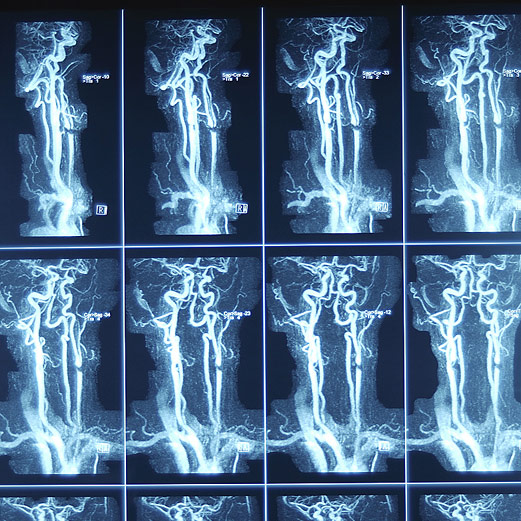WEDNESDAY, Jan. 13, 2016 (HealthDay News) — Middle-aged heart valve replacement patients may have better outcomes if they receive valves made from animal tissue rather than metal, researchers report.
The investigators analyzed 13 studies that compared metal and tissue valves in patients aged 40 to 70 who had aortic valve replacement.
Heart valves are designed to allow blood to flow in only one direction through the heart.
The two types of valves studied have different risks and benefits, the authors of the report explained.
Metal (mechanical) valves last longer but are more likely to cause blood clots. So patients have to take blood-thinning drugs for the rest of their lives, which can increase the risk of major bleeding, the study authors said.
Tissue (bioprosthetic) valves are less likely to cause blood clots, but they may need to be replaced at some point, the authors added.
Fifteen years after receiving new heart valves, there were no differences in rates of survival, stroke or infection of the heart lining between the two groups, the researchers found.
However, patients with tissue valves were twice as likely to undergo another operation to replace worn-out valves, while those with metal valves were twice as likely to have a major bleed or a blood clot. The findings were published online Jan. 12 in the Annals of Thoracic Surgery.
While the report authors said valve choice should depend on the individual patient, they added in a journal news release that people have a higher risk of death from major bleeding than from re-operation to replace a worn-out valve.
“We combined the best available evidence comparing mechanical valves versus bioprosthetic valves to determine the risks and benefits to patients following surgery, depending on the type of valve they received,” researcher James Wu, from the University of Sydney in Australia, said in the news release.
“We hope that our results can give future patients needing aortic valve replacement more information to help them choose the appropriate replacement valve for their condition,” he added.
One expert not involved with the study noted that improvements have been made to tissue valves in recent years that enhance their durability, while strides have also been made in designing better replacement options if tissue valves fail.
“With recent advances in valve technologies and replacement options, current trends have demonstrated an increased use of [tissue] valves in middle-aged adults, with longer-term data on the horizon,” said Dr. Bruce Rutkin.
Rutkin is interventional director of Transcatheter Valve Therapies at North Shore University Hospital, in Manhasset, N.Y.
More information
The American Heart Association has more about heart valve replacement.
Copyright © 2026 HealthDay. All rights reserved.

